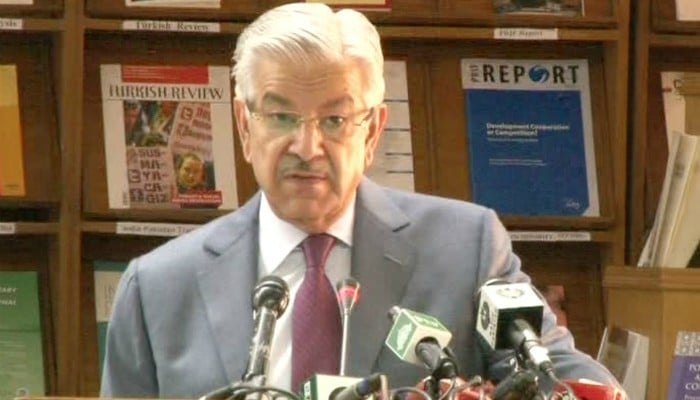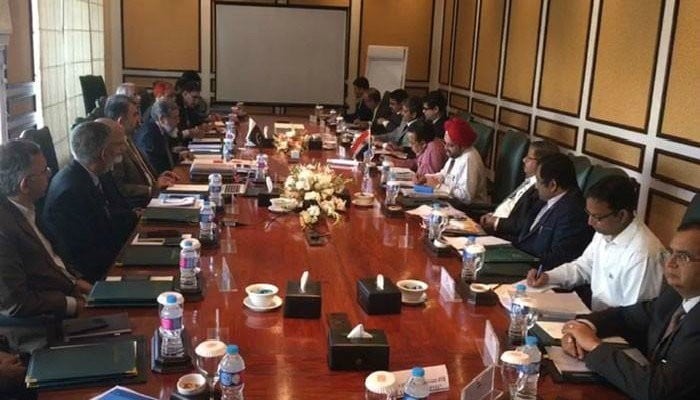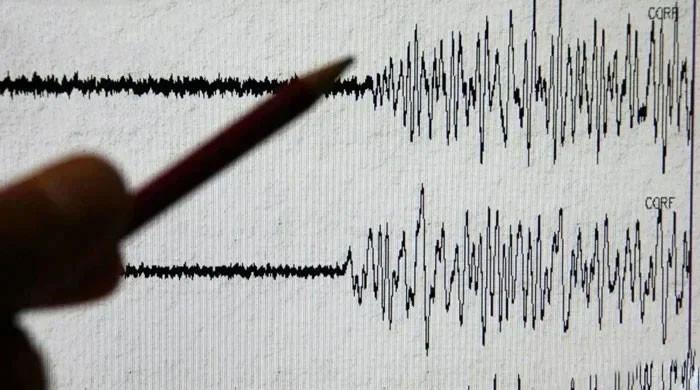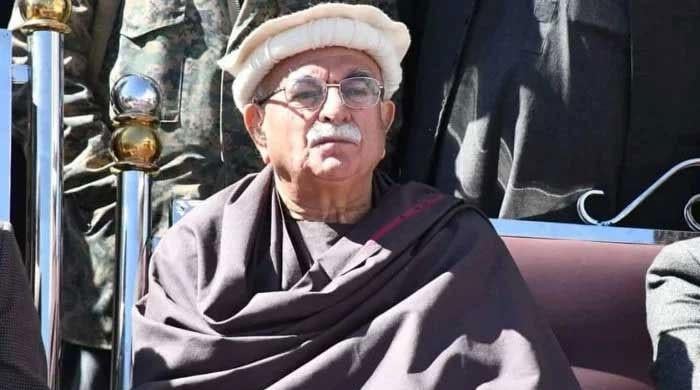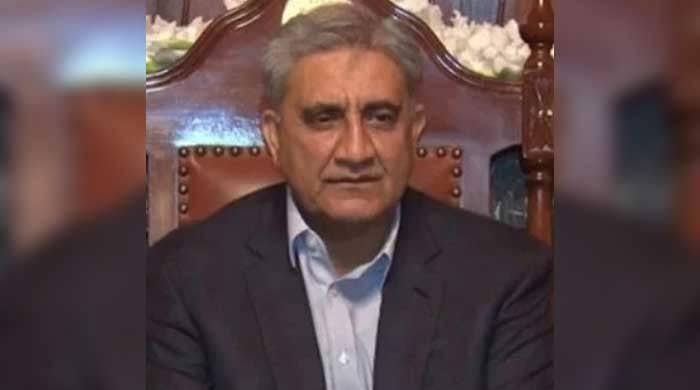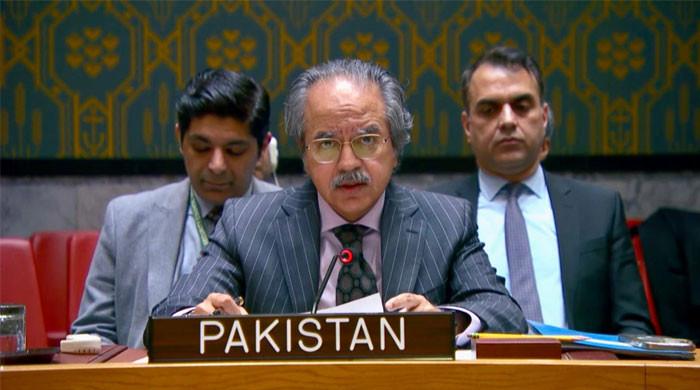Pakistani delegation in US for talks over India's violations of Indus Waters Treaty
The delegation will apprise World Bank chief of Pakistan's reservations over projects undertaken by New Delhi that violate the World Bank-brokered treaty
May 22, 2018
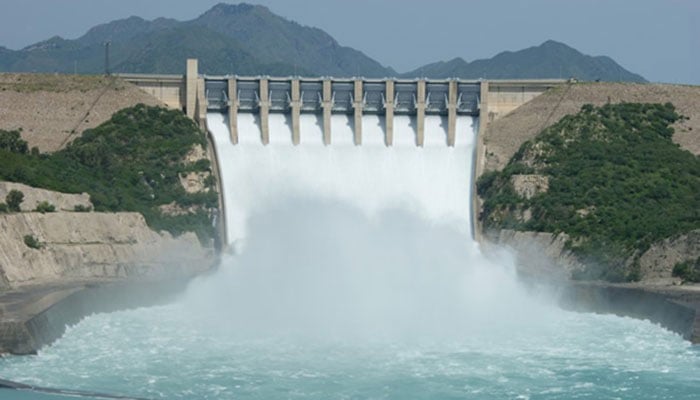
WASHINGTON: A four-member Pakistan delegation, headed by Attorney General Ashtar Ausaf, arrived in Washington to hold talks with World Bank authorities over India's repeated violations of Indus Waters Treaty.
The delegation will apprise the World Bank chief of Pakistan's reservations over the issue and request the global financial institution to play its role as a guarantor.
Pakistan officials will hold discussions with the World Bank authorities over Kishenganga and Ratle and other 12 projects undertaken by New Delhi.
On Sunday, Pakistan's Ambassador to the United States Aizaz Chaudhry remarked that Pakistan intends to consult with the World Bank over the Kishenganga Dam issue. He was addressing a seminar titled "Pakistan and Unites States A Lasting Partnership" on Saturday.
Speaking with regard to issues pertaining to Islamabad's eastern neighbour, Chaudhry said the country intends to take up plans of Indus Waters Treaty (alternatively known as the Sindh Taas Agreement), Kishanganga Dam, and Ratle hydroelectric plant with Jim Yong Kim, the president of the global financial institution.
The statement came in response to Indian Prime Minister Narendra Modi inaugurating Kishenganga Dam project on Saturday amid protests from Islamabad, which says the project on a river flowing into Pakistan will disrupt water supplies.
The 330MW Kishenganga hydropower station, work on which started in 2009, is one of the projects that India has fast-tracked in the occupied territory, amid frosty ties between the nuclear-armed neighbours.
"This region cannot only become self-sufficient in power but also produce for other regions of the country," Modi said in the occupied state's capital, Srinagar. "Keeping that in mind we have been working on various projects here for the past four years."
Pakistan has opposed some of these projects saying they violate a World Bank-brokered treaty on the sharing of the Indus River and its tributaries, upon which 80 percent of its irrigated agriculture depends.
"Pakistan is seriously concerned about the inauguration (of the Kishenganga plant)," the Pakistani foreign ministry said in a statement on Friday. "Pakistan believes that the inauguration of the project without the resolution of the dispute is tantamount to violation of the Indus Waters Treaty (IWT)".
The Kishanganga project was delayed for several years as Pakistan dragged India to the International Court of Arbitration, which ruled in India's favour in 2013.
India has said the hydropower projects under construction in occupied Jammu and Kashmir are "run-of-the-river" schemes that use the river's flow and elevation to generate electricity rather than large reservoirs, and do not contravene the treaty.
